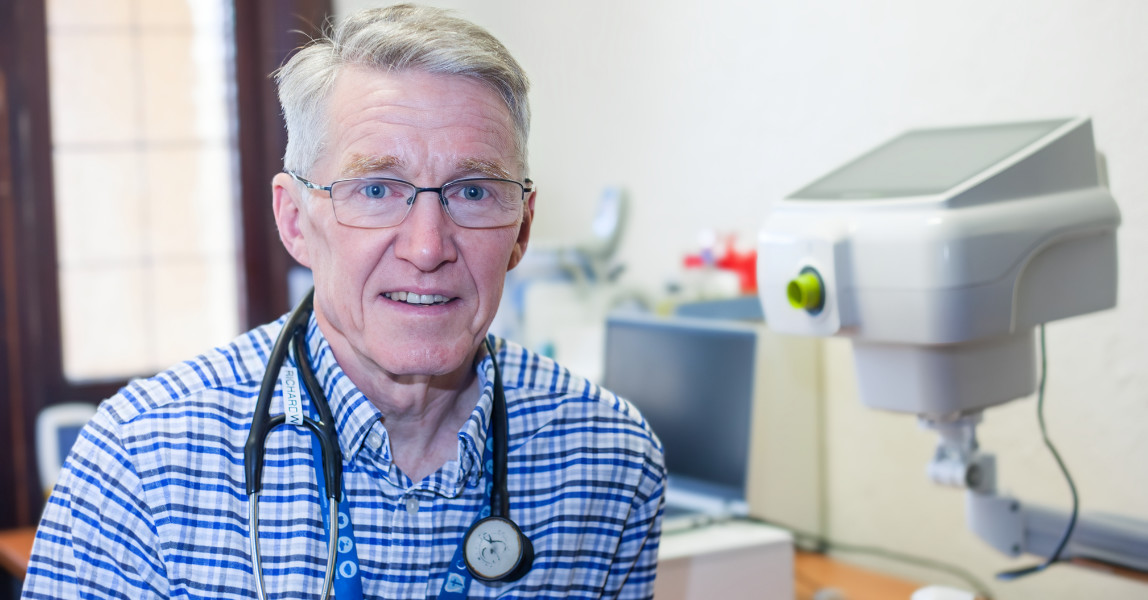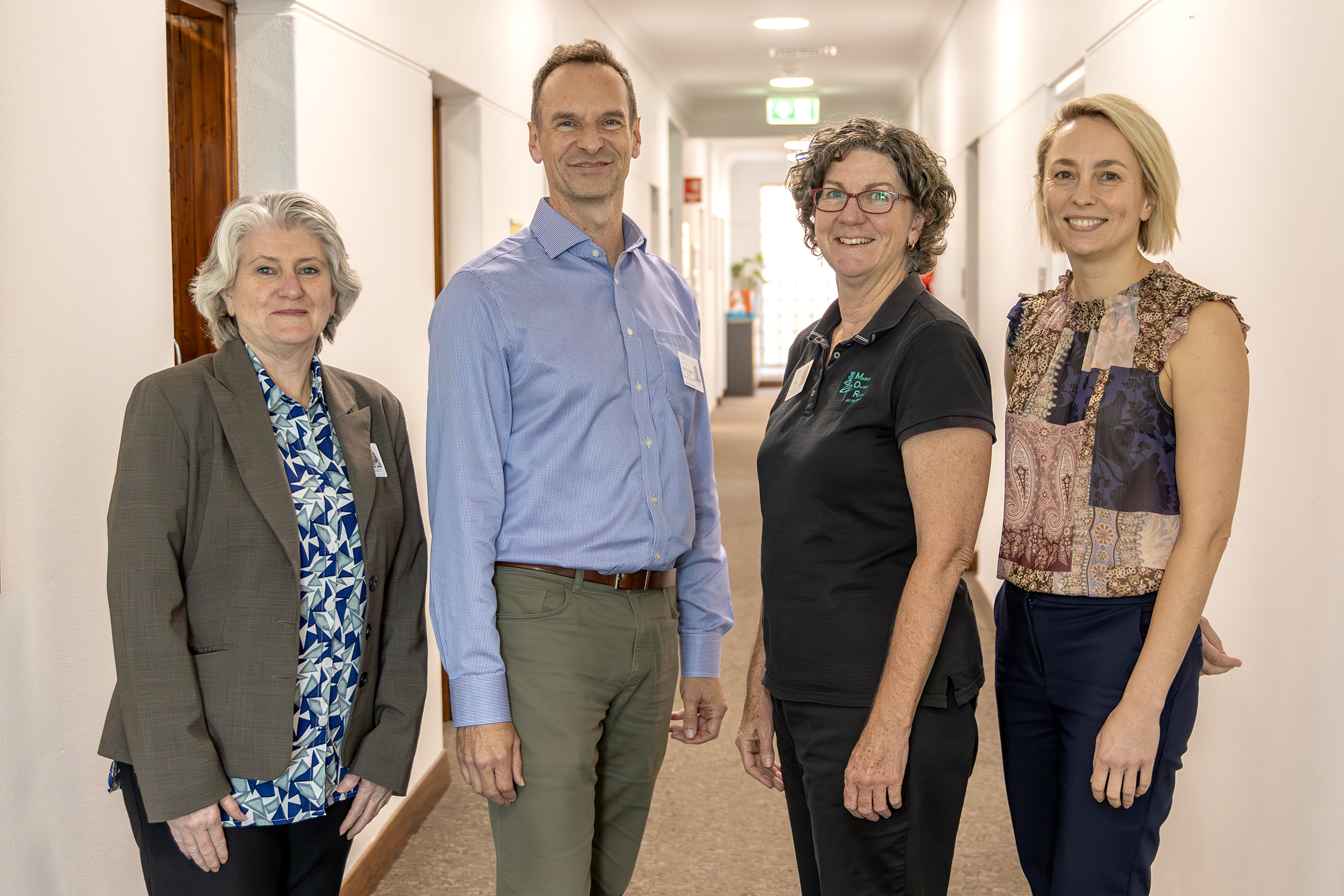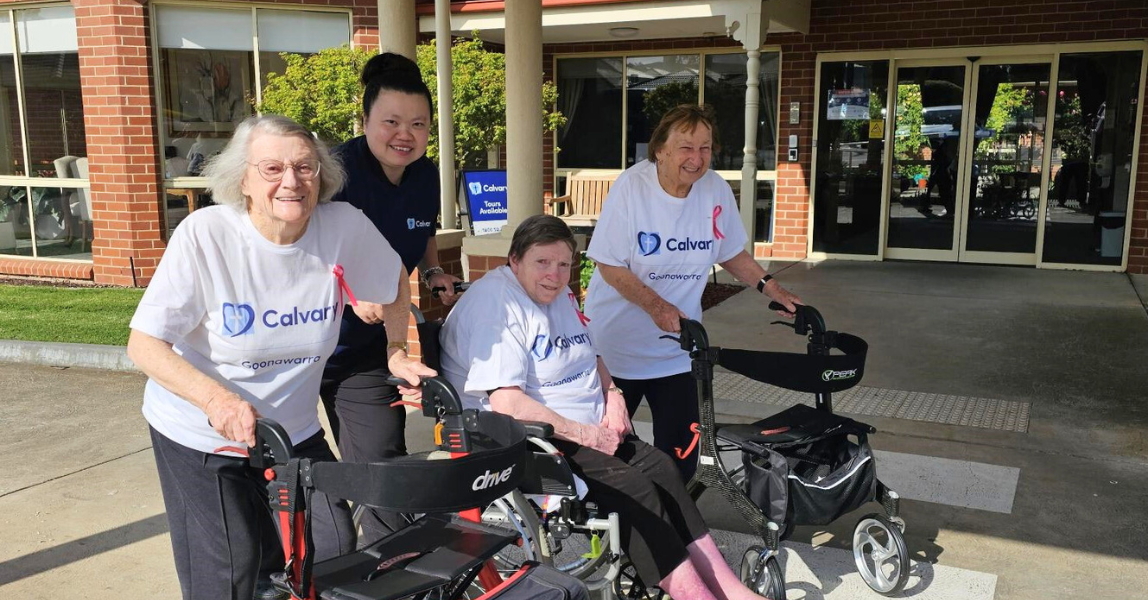Last call for world’s largest and longest respiratory study

Since then, it has helped inform public health policy, highlighted environmental risks for respiratory disease, and changed thinking on Chronic Obstructive Pulmonary Disease (COPD).
The study has also discovered links between childhood conditions and the onset of asthma and respiratory illness in adults, helped expand Medicare rebates for sleep apnoea sufferers, and much more.
Many of the original seven-year-olds have participated in follow-up studies since, contributing their data to advance understanding of respiratory health.
Are you a previous participant?
A seventh-decade follow-up study began in 2022, and researchers are now pushing to reach as many of its original participants as possible to again take part.
The study’s lead investigator in Tasmania, Dr Richard Wood-Baker said the team had so far recruited about half of its ambitious target of 4,000 participants.
“This is the final push to get as many of the original participants, those seven-year-olds, as we can,” said Dr Wood-Baker, a visiting respiratory and sleep medicine physician at Calvary Lenah Valley Hospital, who has been involved in the project for the past 15 years.
“We are still hoping we can get closer to that target by Christmas or the early part of next year.”
While some may have moved interstate or overseas, he believes many of the surviving original participants remained in Tasmania, although perhaps not at their last known address. He is hoping they will hear about the latest study and get in touch.
Learn more about the study
The study involves a survey, as well as lung function and other clinical tests conducted at Calvary Lenah Valley Hospital in Hobart, clinics in Launceston and Burnie, and in other locations as needed.
“In 1968 there were more than 8000 participants. They were seven when this study started, and they are now in their 60s. The study went on to collect data from the children’s parents and siblings and over time have collected data from more than 45,000 participants.
“This is now the largest and longest running respiratory health project in the world. That’s something that our participants and Tasmania can be proud of.”
Over the past five decades, TAHS has received 41 research funding grants and more than 50 researchers and research students have worked on the study.
“The original study was designed around asthma, which was a big problem in the 1960s and 70s,” Dr Wood-Baker said. “We got really good information about that and what happens around lung function in childhood.
“As the years rolled on, other aspects of lung function and respiratory health became more prevalent and a focus of study as the participants aged. We have been able to evolve and branch out as it has gone on to look at other health aspects, like sleep apnoea.”
TAHS findings have informed more than 80 research articles and 140 conference presentations, influencing new scientific knowledge, clinical practice, and Australian policy around respiratory health.
“It is not just an academic study. It has had real-world benefits.”
You can contact the study team on 1800 110 711, email [email protected], or get in touch via the website at https://tahs.com.au/.


